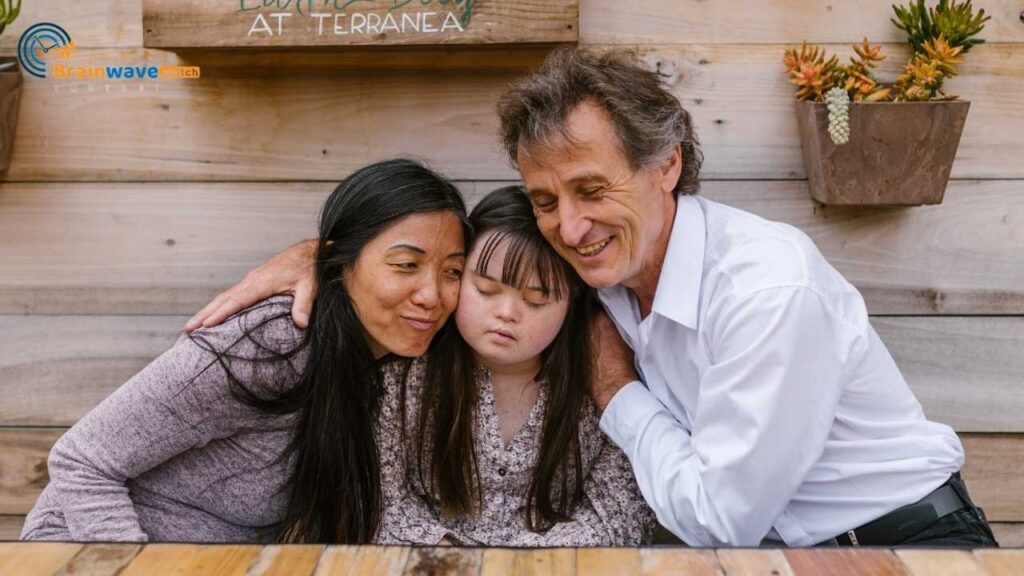Summer break can be a double-edged sword for children with autism. Free from routines, some may struggle with the lack of structure. But there’s a solution! Summer camp can be a game-changer, offering social interaction, skill development, and a chance to blossom. This article dives into the amazing benefits of summer camp for autistic kids, along with valuable tips on choosing the perfect camp to ensure a successful and enriching experience.
Your Child’s Needs
When choosing a summer camp for an autistic child, it is important to understand their specific needs. Here are some factors to consider:
Each child with autism has unique strengths and challenges. Identify your child’s specific needs to ensure that the summer camp can meet them. Consider factors such as your child’s level of independence, ability to communicate, and any behavioral challenges they may have.
Communication is key to ensuring that your child has a positive experience at summer camp. Some children with autism may have difficulty with verbal communication, while others may prefer nonverbal communication. Let the camp staff know your child’s communication preferences so that they can provide the appropriate support.
Many children with autism have sensory sensitivities, which can make certain environments overwhelming. When choosing a summer camp, consider your child’s sensory needs. For example, if your child is sensitive to loud noises, a camp with lots of outdoor activities may be a better fit than a camp with lots of indoor activities.
Researching Summer Camps
When researching summer camps for an autistic child, it is important to consider several factors to ensure that the child has a safe and enjoyable experience. Here are some key factors to consider:
Types of Camps Available
There are various types of summer camps available for autistic children. Some camps are designed specifically for autistic children, while others may cater to children with a range of disabilities. Consider the needs and preferences of the child when selecting a camp. For instance, if the child has sensory issues, a camp that offers sensory-friendly activities may be a good fit. Alternatively, if the child has a special interest, a camp that offers activities related to that interest may be more suitable.
Staff Qualifications and Training
The qualifications and training of the camp staff are also important factors to consider. Look for camps that employ staff members who have experience working with autistic children. Inquire about the staff’s training in areas such as behavior management, communication, and safety procedures. It is also important to find out the ratio of staff to campers, as well as the availability of one-on-one support for children who may need it.
Safety and Support Measures
Safety and support measures are crucial considerations when selecting a summer camp for an autistic child. Find out what safety protocols the camp has in place, such as emergency procedures and medication management. Inquire about the support measures available for autistic children, such as social skills training, sensory accommodations, and communication support. It is also important to consider the level of supervision provided by the camp staff, particularly for children who may require additional support.
Visiting Potential Camps
Choosing the right summer camp for an autistic child can be a daunting task. One way to make an informed decision is by scheduling a tour of the potential camps. Here are some tips on what to look for during the visit.
- Scheduling a Tour: When scheduling a tour, it’s important to inform the camp staff that the child has autism. This will allow them to prepare and make necessary accommodations. During the tour, ask to see the facilities and observe how the staff interacts with the campers.
- Observing Camp Activities: Observe the activities that the camp offers and evaluate whether they align with the child’s interests and abilities. It’s important to choose a camp that provides a range of activities that cater to different interests and abilities.
- Meeting with Staff: Meeting with the staff is an important part of the tour. It’s an opportunity to ask questions and address any concerns. Ask about the staff’s experience working with autistic children and what training they receive. It’s important to choose a camp with a well-trained and experienced staff.
Preparing Your Child
Preparing an autistic child for summer camp can be a daunting task, but with proper planning and preparation, parents can help their child have a positive and successful experience. Here are some tips to help parents prepare their children for summer camp.
Discussing the Camp Experience
Before sending their child to summer camp, parents should discuss the camp experience with their child. They should explain what summer camp is, what activities they will be doing, and what to expect. Parents should also talk to their children about any concerns they may have and address them accordingly. By discussing the camp experience with their child, parents can help alleviate any anxiety or fears their child may have.
Establishing Routines
Establishing routines can help prepare an autistic child for summer camp. Parents should work with their children to establish a daily routine that will be similar to the one they will have at summer camp. This can include waking up at a certain time, eating meals at specific times, and engaging in activities at certain times of the day. By establishing routines, parents can help their children feel more comfortable and prepared for the structure of summer camp.
Creating a Coping Strategies Toolkit
Parents should create a coping strategies toolkit for their child to take to summer camp. This toolkit should include items that will help their child cope with any anxiety or stress they may experience while at camp. This can include items such as a stress ball, fidget toys, noise-canceling headphones, or a weighted blanket. By creating a coping strategies toolkit, parents can help their children feel more comfortable and prepared for the challenges they may face at summer camp.
Evaluating Camp Success
Parents of autistic children often wonder how to evaluate the success of a summer camp program. Here are some factors to consider when deciding if a camp is a good fit for your child.
Feedback from Your Child
One of the best ways to evaluate the success of a summer camp program is to ask your child for feedback. Did they enjoy the activities? Did they feel comfortable with the staff and other campers? Did they learn new skills or make new friends? Encourage your child to share their thoughts and feelings about the experience.
Post-Camp Progress
Another way to evaluate the success of a summer camp program is to look for progress in your child after they return home. Did they develop new social skills or improve their communication abilities? Did they learn to manage their emotions better? Did they become more independent or self-confident? Keep in mind that progress may not be immediately apparent and may take time to manifest.
Deciding on Future Camp Attendance
Based on the feedback from your child and the progress they made after attending summer camp, you can decide whether or not to enroll them in future programs. If your child enjoyed the experience and made progress, it may be beneficial to continue attending similar camps in the future. However, if your child did not enjoy the experience or did not make any progress, it may be necessary to explore other options. It is important to remember that every child is unique and what works for one may not work for another.







